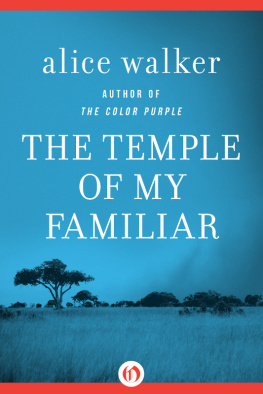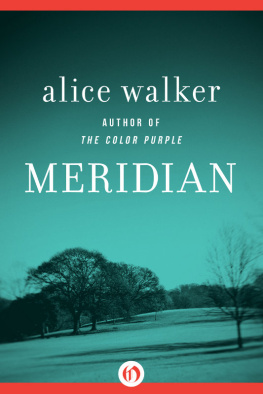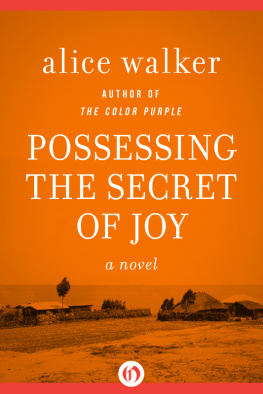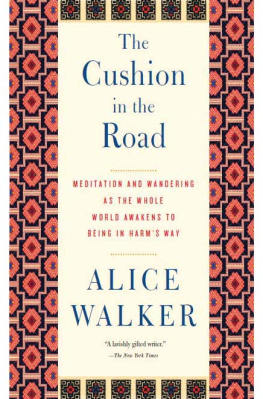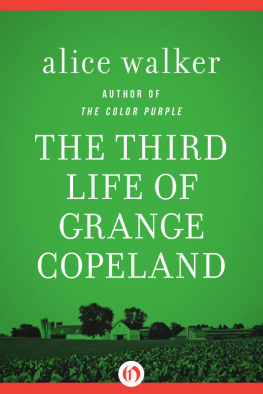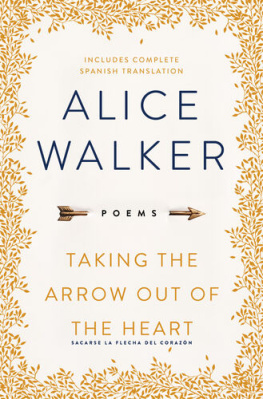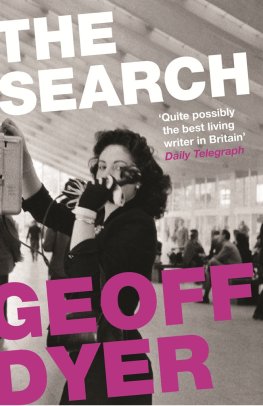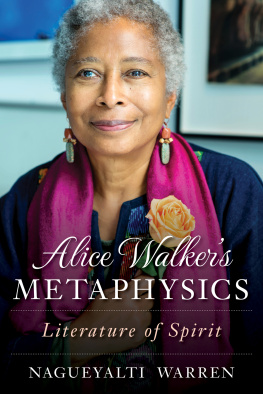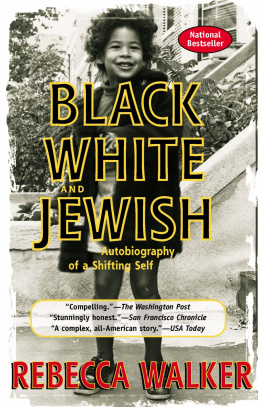SAVING THE LIFE THAT IS YOUR OWN: THE IMPORTANCE OF MODELS IN THE ARTISTS LIFE
THERE IS A LETTER Vincent Van Gogh wrote to Emile Bernard that is very meaningful to me. A year before he wrote the letter, Van Gogh had had a fight with his domineering friend Gauguin, left his company, and cut off, in desperation and anguish, his own ear. The letter was written in Saint-Remy, in the South of France, from a mental institution to which Van Gogh had voluntarily committed himself.
I imagine Van Gogh sitting at a rough desk too small for him, looking out at the lovely Southern light, and occasionally glancing critically next to him at his own paintings of the landscape he loved so much. The date of the letter is December 1889. Van Gogh wrote:
However hateful painting may be, and however cumbersome in the times we are living in, if anyone who has chosen this handicraft pursues it zealously, he is a man of duty, sound and faithful.
Society makes our existence wretchedly difficult at times, hence our impotence and the imperfection of our work.
I myself am suffering under an absolute lack of models.
But on the other hand, there are beautiful spots here. I have just done five size 30 canvasses, olive trees. And the reason I am staying on here is that my health is improving a great deal.
What I am doing is hard, dry, but that is because I am trying to gather new strength by doing some rough work, and I'm afraid abstractions would make me soft.
Six months later, Van Goghwhose health was improving a great dealcommitted suicide. He had sold one painting during his lifetime. Three times was his work noticed in the press. But these are just details.
The real Vincent Van Gogh is the man who has just done five size 30 canvasses, olive trees. To me, in context, one of the most moving and revealing descriptions of how a real artist thinks. And the knowledge that when he spoke of suffering under an absolute lack of models he spoke of that lack in terms of both the intensity of his commitment and the quality and singularity of his work, which was frequently ridiculed in his day.
The absence of models, in literature as in life, to say nothing of painting, is an occupational hazard for the artist, simply because models in art, in behavior, in growth of spirit and intellecteven if rejectedenrich and enlarge ones view of existence. Deadlier still, to the artist who lacks models, is the curse of ridicule, the bringing to bear on an artists best work, especially his or her most original, most strikingly deviant, only a fund of ignorance and the presumption that, as an artists critic, ones judgment is free of the restrictions imposed by prejudice, and is well informed, indeed, about all the art in the world that really matters.
What is always needed in the appreciation of art, or life, is the larger perspective. Connections made, or at least attempted, where none existed before, the straining to encompass in ones glance at the varied world the common thread, the unifying theme through immense diversity, a fearlessness of growth, of search, of looking, that enlarges the private and the public world. And yet, in our particular society, it is the narrowed and narrowing view of life that often wins.
Recently, I read at a college and was asked by one of the audience what I considered the major difference between the literature written by black and by white Americans. I had not spent a lot of time considering this question, since it is not the difference between them that interests me, but, rather, the way black writers and white writers seem to me to be writing one immense storythe same story, for the most partwith different parts of this immense story coming from a multitude of different perspectives. Until this is generally recognized, literature will always be broken into bits, black and white, and there will always be questions, wanting neat answers, such as this.
Still, I answered that I thought, for the most part, white American writers tended to end their books and their characters lives as if there were no better existence for which to struggle. The gloom of defeat is thick.
By comparison, black writers seem always involved in a moral and/or physical struggle, the result of which is expected to be some kind of larger freedom. Perhaps this is because our literary tradition is based on the slave narratives, where escape for the body and freedom for the soul went together, or perhaps this is because black people have never felt themselves guilty of global, cosmic sins.
This comparison does not hold up in every case, of course, and perhaps does not really hold up at all. I am not a gatherer of statistics, only a curious reader, and this has been my impression from reading many books by black and white writers.
There are, however, two books by American women that illustrate what I am talking about: The Awakening, by Kate Chopin, and Their Eyes Were Watching God, by Zora Neale Hurston.
The plight of Mme Pontellier is quite similar to that of Janie Crawford. Each woman is married to a dull, society-conscious husband and living in a dull, propriety-conscious community. Each woman desires a life of her own and a man who loves her and makes her feel alive. Each woman finds such a man.
Mme Pontellier, overcome by the strictures of society and the existence of her children (along with the cowardice of her lover), kills herself rather than defy the one and abandon the other. Janie Crawford, on the other hand, refuses to allow society to dictate behavior to her, enjoys the love of a much younger, freedom-loving man, and lives to tell others of her experience.
When I mentioned these two books to my audience, I was not surprised to learn that only one person, a young black poet in the first row, had ever heard of Their Eyes Were Watching God (The Awakening they had fortunately read in their Women in Literature class), primarily because it was written by a black woman, whose experiencein love and lifewas apparently assumed to be unimportant to the students (and the teachers) of a predominantly white school.
Certainly, as a student, I was not directed toward this book, which would have urged me more toward freedom and experience than toward comfort and security, but was directed instead toward a plethora of books by mainly white male writers who thought most women worthless if they didnt enjoy bullfighting or hadnt volunteered for the trenches in World War I.






